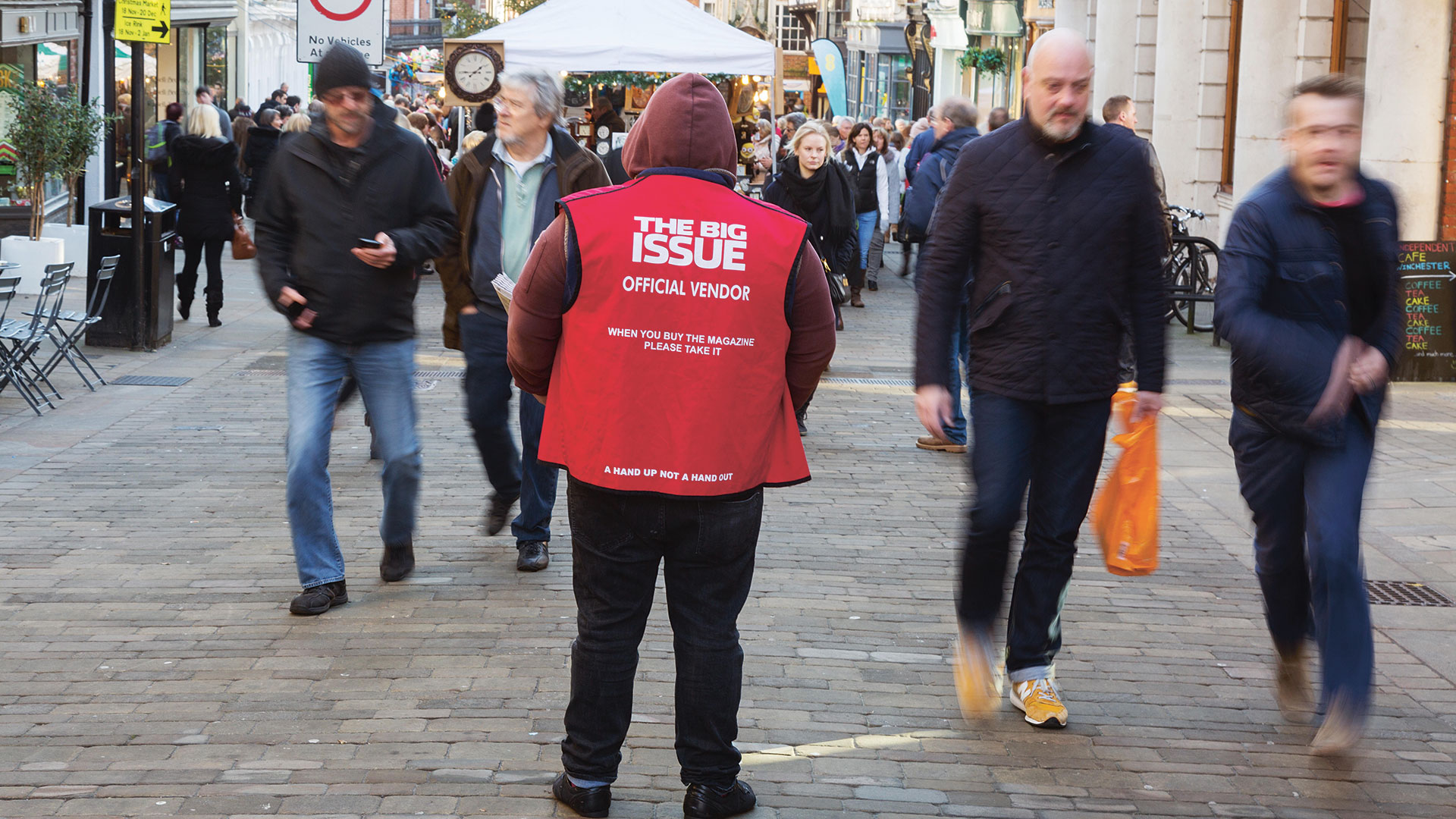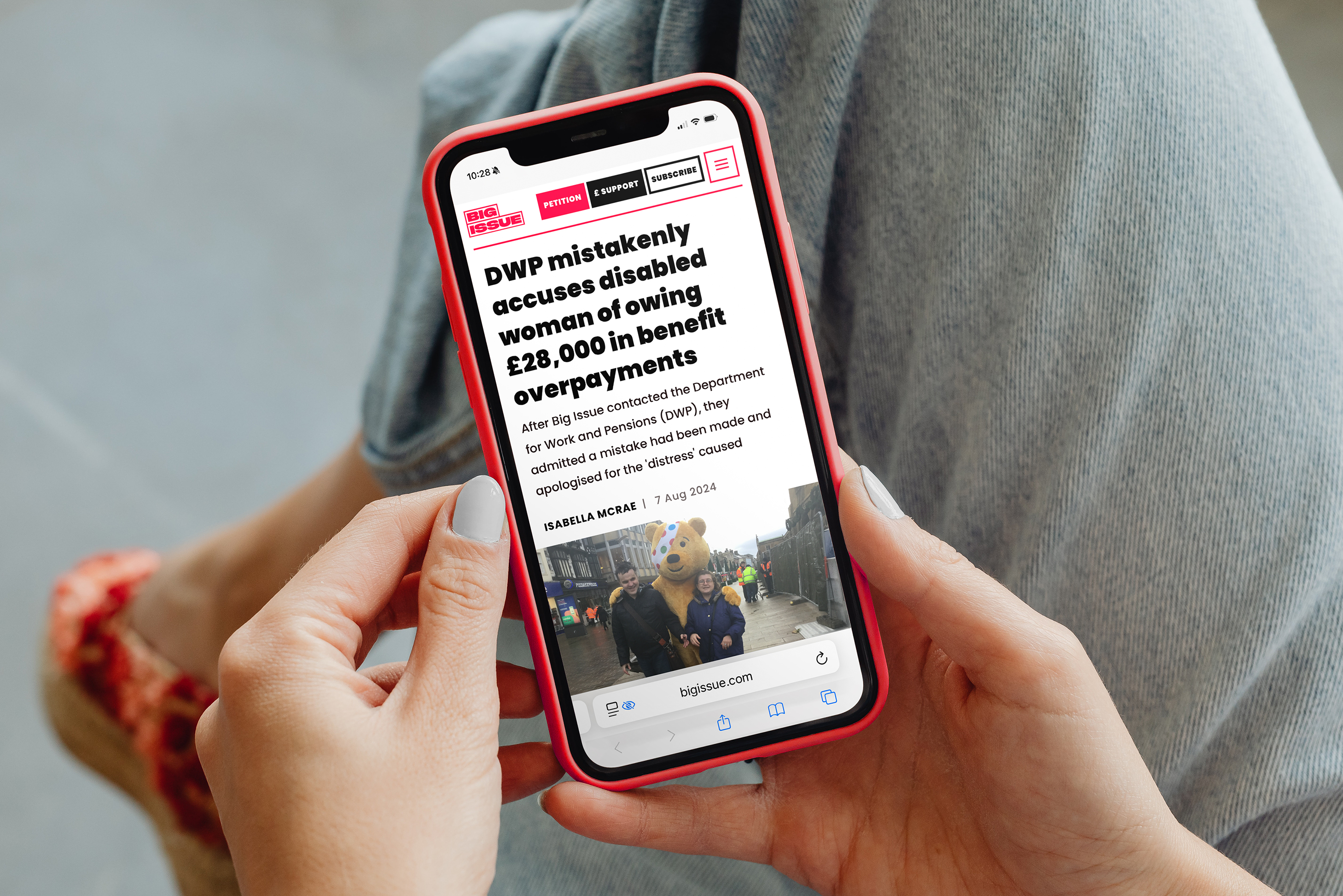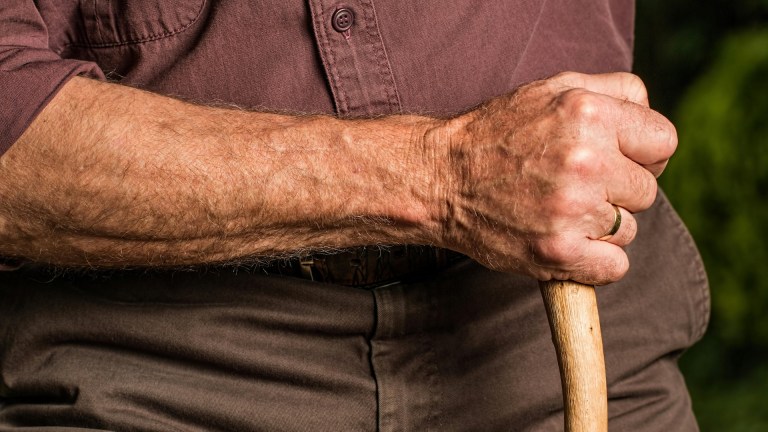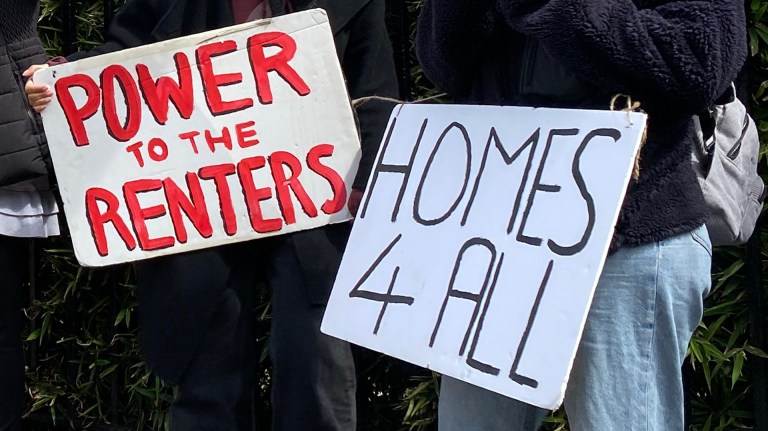While more people stockpile and self-isolate, our vendors will still be out on the street selling The Big Issue. Here’s why you shouldn’t be worried about coming into contact with your regular vendor.
The current guidance issued by the NHS is clear on how best to protect yourself. One of the guidelines is to avoid high-touch surfaces, and included in that is, obviously, money. While many of our vendors use card machines to accept contactless payments, cash is still crucial, but the risk of the virus being transmitted via money is small.
Speaking to The Guardian, Dr Christine Tait-Burkard, an expert in infection at the Roslin Institute at the University of Edinburgh said “coins are actually very bad environments for viruses to survive,” adding that bank notes should also be fine “unless someone is using a bank note to sneeze in,” which nobody is recommending.
In general, viruses such as cold and flu survive better on non-porous surfaces, such as metal or plastic. On porous surfaces like clothing, paper and tissues, the survival time is much shorter, eight-12 hours compared to one-two days, so you’re unlikely to catch it from our magazines, and it’s unlikely to survive on gloves – often worn by Big Issue vendors at this time of year.
However, even if the coronavirus were living on a high-touch surface – a door handle, for example – that’s also no huge cause for concern. According to Cornell University professor Gary Whittaker, the virus is relatively easy to destroy, with a simple disinfectant nearly guaranteed to render it harmless.
Companies and businesses are also stepping in to help the public through the crisis. Edinburgh café Piecebox have moved to reassure their customers by sanitising their door handles and card machines every hour, as well as putting out anti-bacterial wipes. Lush have become the first major brand to offer their help by inviting people to use their shops to wash their hands. The company said: “Since we’re universally known as ‘that soap shop’, from Friday February 28 we’re using our shop windows to promote the hand-washing guidelines as advised by the NHS in the UK and other public health organisations around the world.









